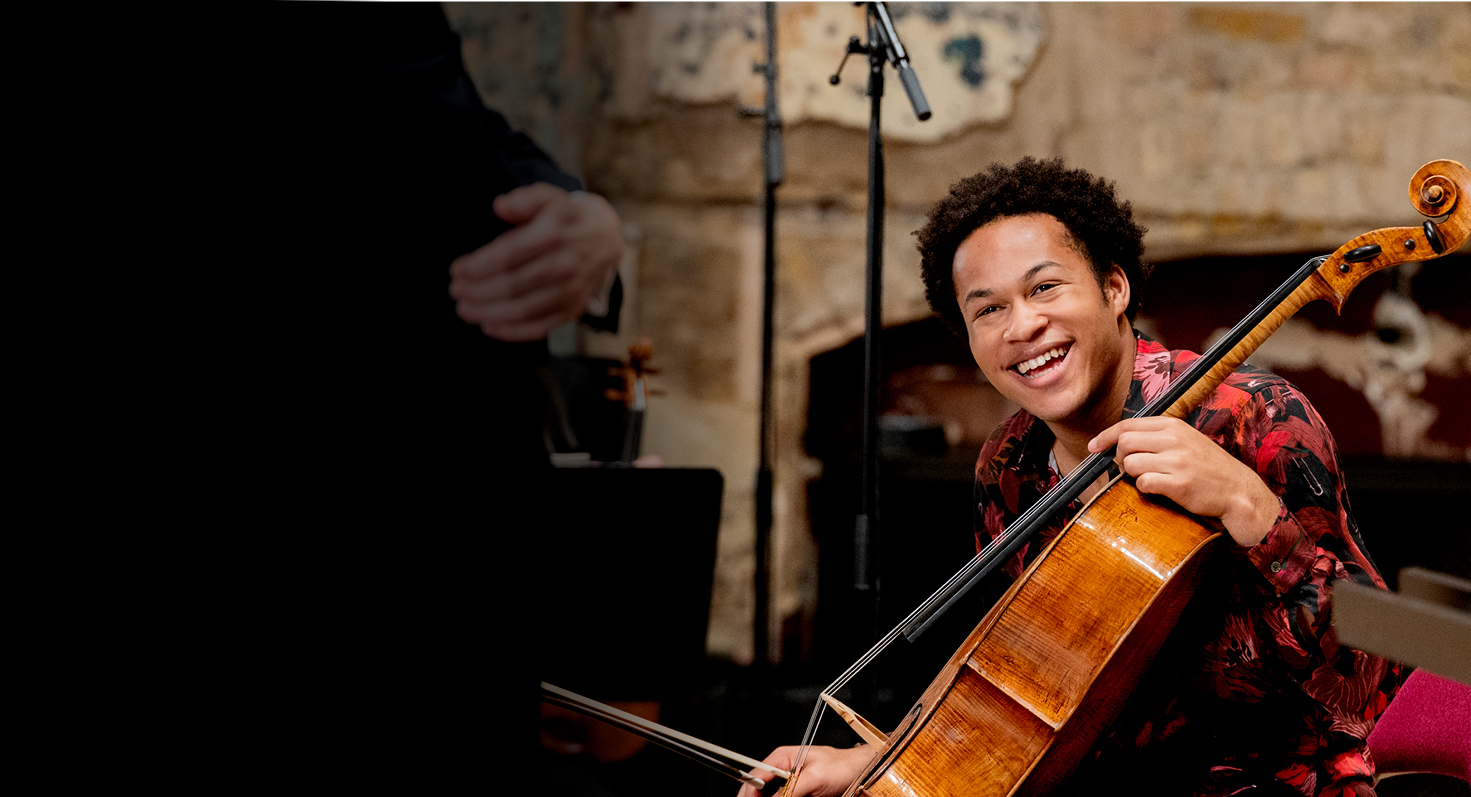Meet American soprano Julia Bullock

We spoke to American soprano Julia Bullock ahead of her Philharmonia debut about her extensive work on Les Illuminations text by Arthur Rimbaud, working with Esa-Pekka Salonen and much more.
You can also read the full programme notes and artist biographies here.
“I love art because I want to be enriched, engaged and entrenched in what is happening all around me. That’s why I feel the act of making music is socially conscious at its core.”
This will be your debut performing with the Philharmonia Orchestra. What are you looking forward to?
I look forward to being with other musicians, making music in real time, reacting, and engaging in a collective effort to communicate. The last public performance I had with an audience before COVID-19 was Les Illuminations in San Francisco with Esa-Pekka Salonen, and it was wonderful! But it will be exciting to keep exploring with him and the Philharmonia Orchestra.
Can you describe your interpretive work with the text of Les Illuminations, where Rimbaud’s poetry can at times be quite impenetrable?
This material isn’t intended to confuse or confound. It’s called The Illuminations! I thought about Rimbaud and how he lived before writing these words. Not even twenty years old, he continually felt the need to escape, living homeless, going to jail as a teenager… He attempted to find security in environments that didn’t embrace him. He was frustrated by hypocrisy while seeking solace, sometimes in dangerous people, places and things. That’s all in this text. When the messages seem mangled and fractured, that’s just an invitation to sort through it.

“Every interpretive choice is derived from the text itself, which cycles through themes that are wild, raucous, sensitive, violent, prideful, doubtful, critical, cynical, transcendent, deranged, stunned, sublime, resolved, peaceful.”
But what I mostly read and interpret in Rimbaud’s writing – and in Britten’s realisation – is an intense, furious seeking; and a demand, or maybe insistence, for honesty.
Les Illuminations was written in French but set to music by an Englishman. Does that present a vocal challenge as a soloist, and how do you approach it?
At some moments I do have to fight to ensure that the words are clear and comprehensible, but that’s the case with all sung repertoire! It feels good to work for it––to stretch and pull and wrestle to be understood. It’s part of the power written into the piece. (Additionally, Rimbaud wrote much of Les Illuminations in the UK, providing English titles to the poems, and I’m sure that Britten knew this.)
What has it been like working with conductor Esa-Pekka Salonen on this piece?
Intuitive. Informative. Instructive. Intense. Inquisitive. Irritating. Insistent. Incandescent. Illuminating.
You have done extensive curatorial work, often with a focus on activism and social consciousness. What role does political engagement play in arts and culture?
I do not love art because I am looking to be distracted, diverted, or relieved of life’s difficulties. I love art because I want to be enriched, engaged and entrenched in what is happening all around me. That’s why I feel the act of making music is socially conscious at its core.
Art, culture and politics are about an almost obsessive devotion to examination. When I think about the artists whose work I love and respect, most are evaluating the patterns and practices of themselves and the world around them. Their commitment is fierce and unforgiving. I’m just following their example.
Read the full programme notes and artist biographies here.

Support the Philharmonia
Donate today to Keep the Philharmonia Playing for our audiences around the world

